Curious Questions: Was music's famous 'Lady of the Nightingales' nothing more than a hoaxer?
Beatrice Harrison, aka ‘The Lady of the Nightingales’, charmed King and country with her garden duets alongside the nightingales singing in a Surrey garden. One hundred years later, Julian Lloyd Webber examines whether her performances were fact or fiction.
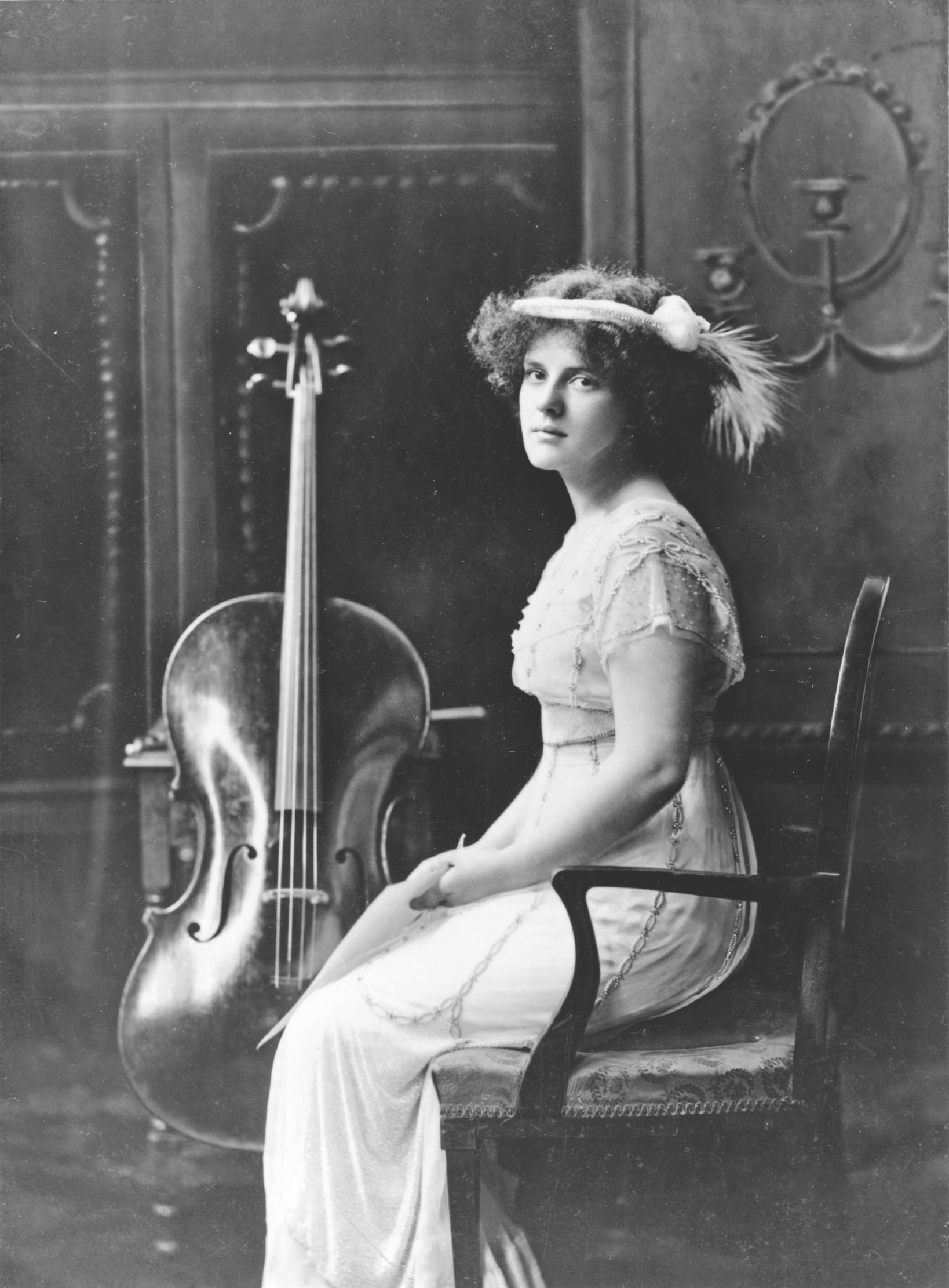
One of the most extraordinary events in the history of broadcasting took place 100 years ago, in a Surrey garden near Limpsfield. Foyle Riding was home to the leading British cellist Beatrice Harrison, who, on May 19, 1924, became world famous overnight when the BBC — in one of its first live outside broadcasts — relayed her ‘duetting’ in her garden with a nightingale. The broadcast achieved a worldwide audience of millions and Harrison’s subsequent ‘cello and nightingale’ relays direct from her garden became regular, much-anticipated events for the next 12 years.
Harrison was a wonderful cellist. Born on December 9, 1892, in the foothills of the Himalayas, she was the second of a quartet of musical daughters. Her father belonged to a distinguished military family; her mother, Annie, was a striking, raven-haired Celt whose own singing ambitions had been thwarted. Both parents were determined to ensure that their talented children would have the best training possible and her father made the extraordinary decision — for those days — to abandon his own military life to concentrate entirely on his daughters’ musical upbringing.
Harrison made her Queen’s Hall debut in 1907, aged 14, under the baton of Henry Wood. Soon after, she left England to study in Germany, where she entered for the coveted Mendelssohn Prize in Berlin. Harrison won, becoming both the youngest competitor and the first cellist to win. On hearing the news, the German Kaiser sneered: ‘An English girl, never. For golf, perhaps, but music, NO!’
Returning to England in triumph, Harrison made her adult debut at the Queen’s Hall in June 1911. Reviews were ecstatic, often referencing the legendary Pablo Casals and — significantly — The Times remarked on an ‘undefinable quality’ in her playing.
Her career now established, Harrison’s pioneering spirit came to the fore. She became the first female cellist to play at Carnegie Hall and she developed an interest in new music of the day, which, in December 1919, made her the obvious choice to record Elgar’s recent concerto, with the composer conducting. Harrison was now the cellist of choice of all the pre-eminent British composers; Elgar always asked for her to play his concerto and Delius, John Ireland, Arnold Bax and Roger Quilter were queuing up for her to premiere their compositions.
"Even Harrison’s donkey, Gerry, disturbed by the noise, managed to escape from his shed"
By her early thirties, Harrison was already moving in the kind of circles that meant she could telephone the director-general of the BBC at her whim. How fascinating it would have been to eavesdrop on the otherworldly cellist’s conversation with the hard-headed Sir John Reith as she rhapsodised about how she had taken to playing her instrument in the garden of an evening and, as she later recalled: ‘A glorious note echoed the cello. I trilled up and down the instrument, up to the top and down again… the voice of the bird followed me in thirds! Why should I be the only being to have the joy of hearing the nightingale and the cello sing together?’ Incredibly, after a ‘hard tussle’, Sir John agreed to send a team of sound-recordists to the garden of Foyle Riding to capture her duet with ‘the most exquisite bird’ and relay it to the rest of the world.
That night, the garden was a maelstrom of activity. ‘It was something to see all the paraphernalia of the BBC in our garden’ and even Harrison’s donkey, Gerry, disturbed by the noise, managed to escape from his shed: ‘He saw one of the engineers crawling towards the nightingale’s nest with a microphone and skipped up to him, gave him a push, upsetting the microphone, and galloped off in high glee!’
Sign up for the Country Life Newsletter
Exquisite houses, the beauty of Nature, and how to get the most from your life, straight to your inbox.
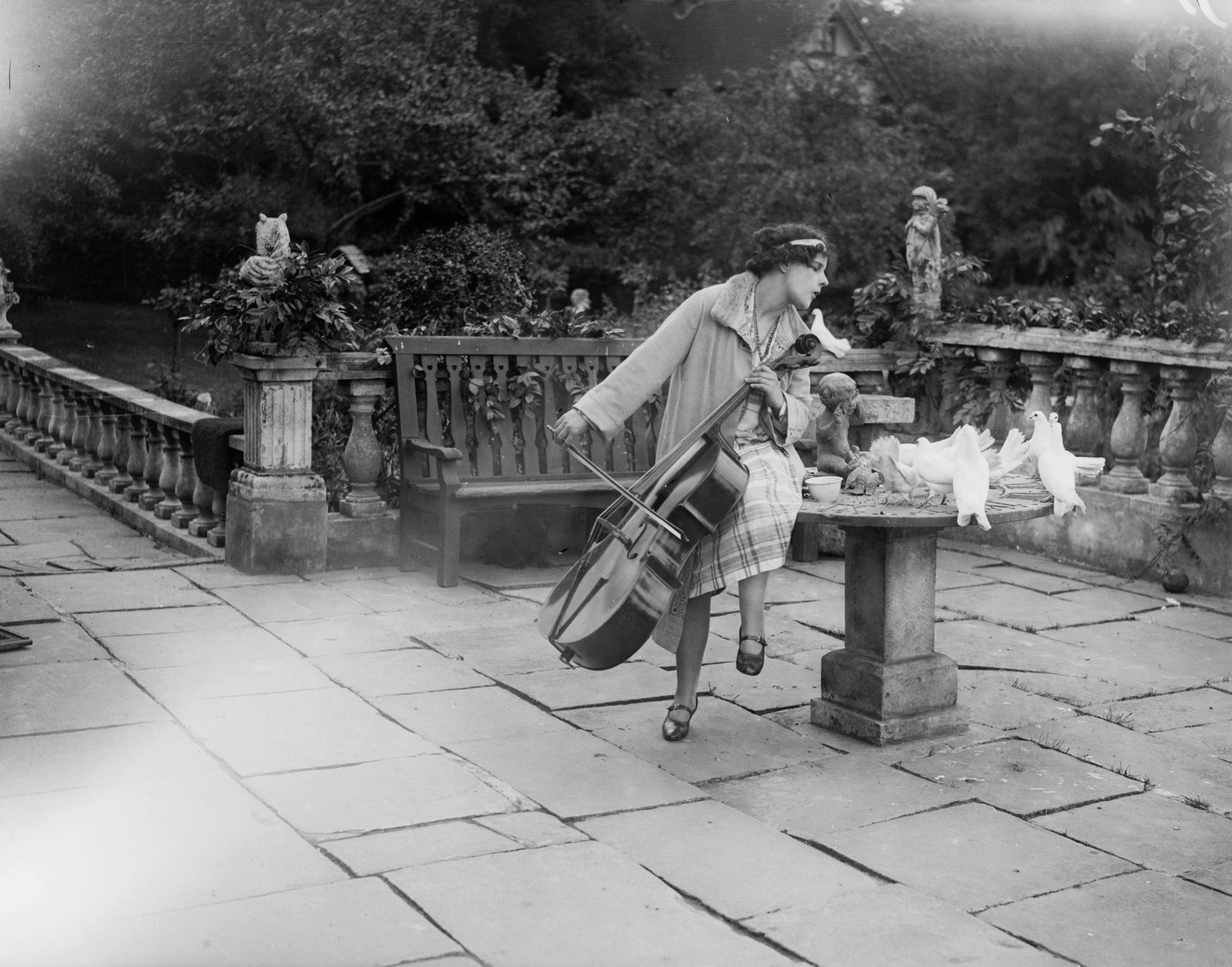
Understandably, given the commotion, the recalcitrant bird refused to sing, until ‘suddenly, after I played for what seemed hours, at about a quarter to eleven the nightingale burst into song. I shall never forget his voice that night. It was a miracle to have caught his song and to know that it was going, with the cello, to the ends of the earth’.
The broadcast was a global sensation and the musician received ‘thousands and thousands of letters, some simply addressed to The Lady of the Nightingales, England’. Even the King requested to meet Harrison and, before she had a chance to curtsy, declared: ‘You have done something I have not been able to do. You have drawn the Empire closer together through the song of the nightingale and your cello.’ Journalists gushed that her duet with the nightingale had ‘swept the nation’. Cartoons, photographs and sketches appeared in numerous newspapers and periodicals and the initially sceptical Sir John proclaimed that ‘a glamour of romance has flashed across the prosaic round of many a life’.
Yet, in an age that eschews romance, someone had to come along to puncture the idyll and, in 2004, relatives of a certain Maud Gould rose to the challenge. Apparently, Gould had been a professional whistler — although she preferred to use the term ‘souffleur’ when appearing on music-hall bills under her sobriquet, Madame Saberon. Gould claimed she had been booked by the BBC ‘as a backup to imitate the nightingale’, in case the bird failed to sing.
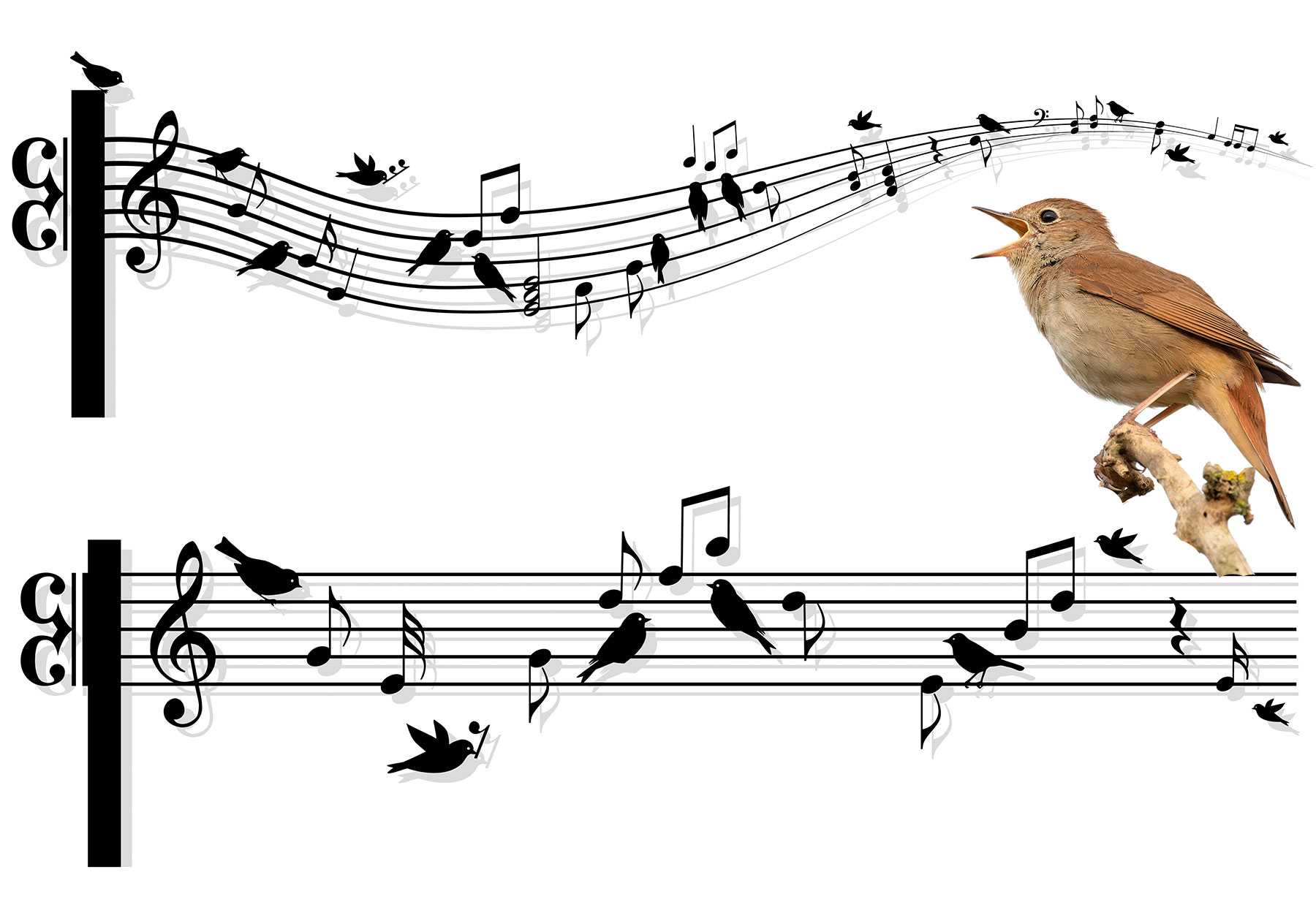
A less reliable witness, however, would be impossible to find. In 1914, the artiste formerly known as Rebecca Maud Sloman had been arrested carrying incriminating documents at Charing Cross Station and was subsequently tried, together with her husband, Frederick Schroeder — who used the name Gould — on charges of stealing naval secrets. Although Gould herself was judged ‘not guilty’ by the Attorney General on the grounds that she did not realise the significance of the papers, her husband was sentenced to six years in prison, followed by deportation.
Despite the fact that some have rushed to accept Gould’s boast as fact, no one disputes that the BBC not only returned to Foyle Riding the following week to relay Harrison and the nightingale, but also returned annually for the next 12 years.
For the cellist herself, the phenomenal reaction to the broadcasts became a mixed blessing; as George Bernard Shaw wrote to her in 1936, ‘I shall reproach the BBC for not broadcasting your recent recital. It will do them good to be told that you are the greatest cellist in Europe, and therefore presumably in the world. That confounded nightingale probably got you listed as Variety…!’
Yet the nightingale ‘soirees’ were very much a part of Harrison’s persona. They demonstrated her belief that music was ‘simply an extension of Nature’ and they enabled the performer to achieve her dream of ‘bringing my music to the ordinary people’.
From the vantage point of the 21st century, it is easy to forget what a true pioneer Harrison was. Her playing was blessed with a wonderful spontaneity of phrasing and great natural facility — but what, I suspect, so beguiled and tempted those nightingales was that ‘undefinable quality’, first noticed by The Times, that her playing possessed in such rare abundance.
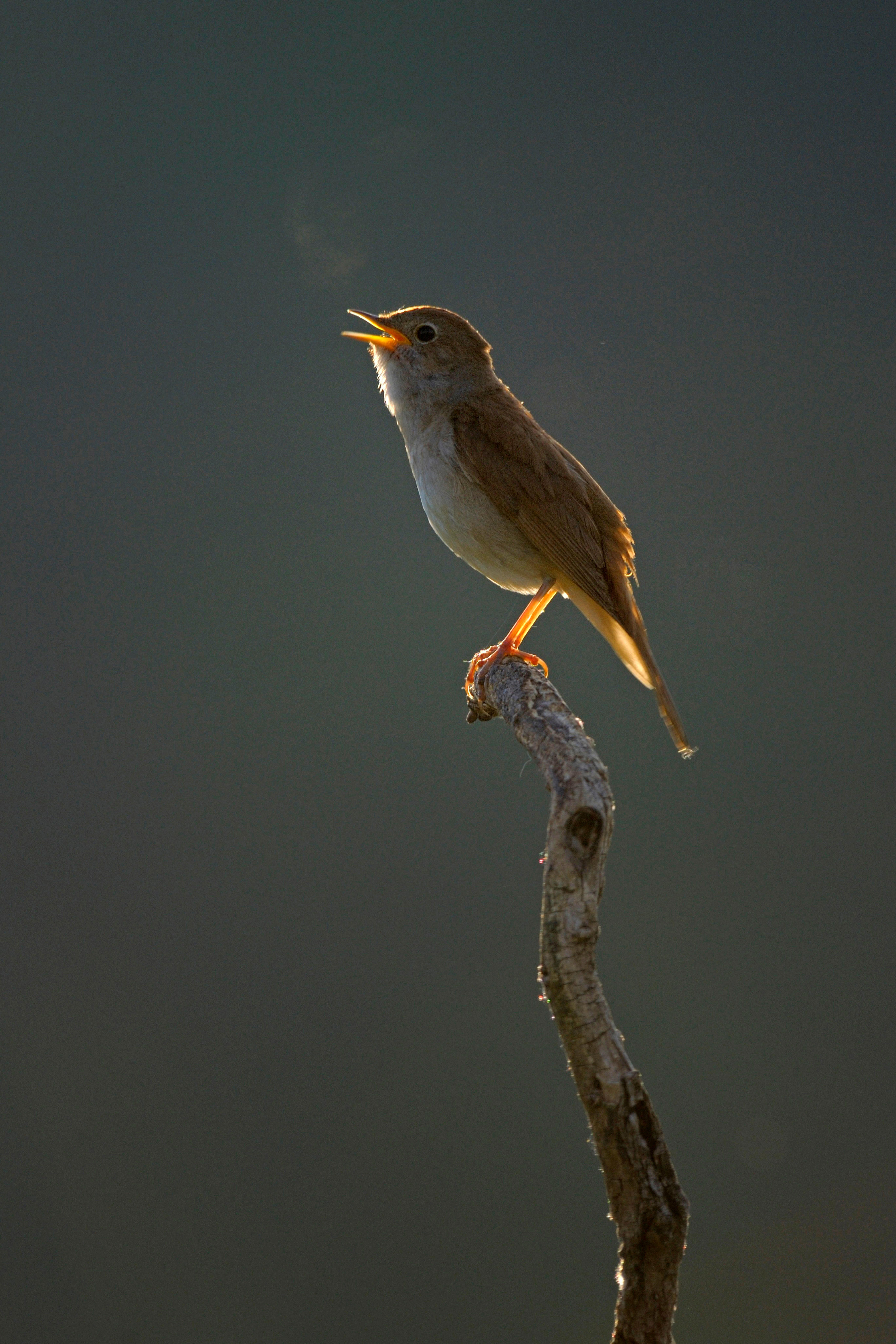
Credit: Alamy Stock Photo
In praise of nightingales: 'I’ve listened to Gregorian chants in Gothic cathedrals — but the greatest musical performance I ever heard was outside my bedroom one night'
It’s 200 years since Keats penned ‘Ode to a Nightningale’, but this otherwise drab bird’s rich, sorrowful song is worth
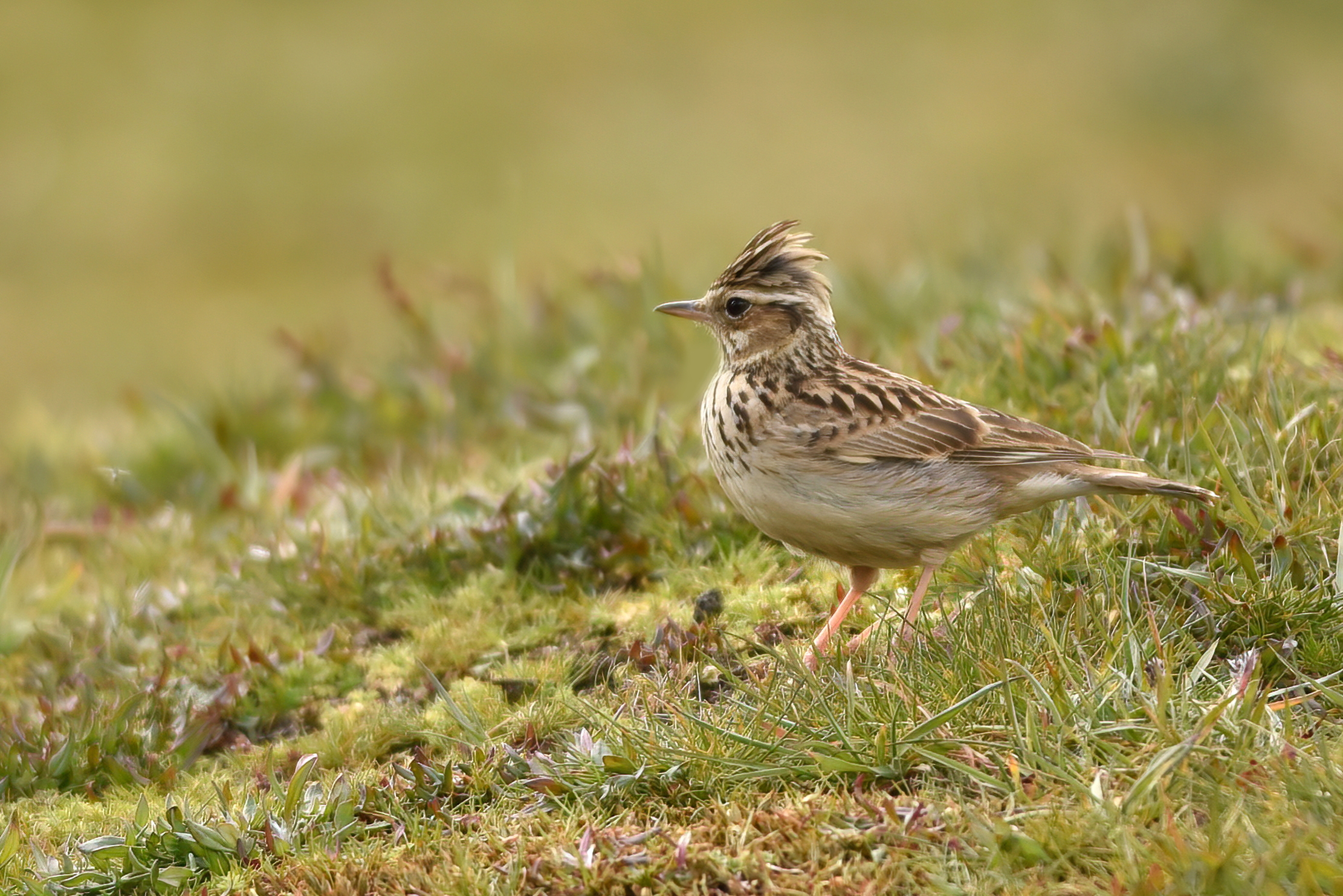
Credit: Peter Clayton Photography/Getty Images
The woodlark: the British songbird that is the ultimate masked singer
Its melody is sweeter than the nightingale's, yet the elusive woodlark seems destined to delight only a fortunate few.
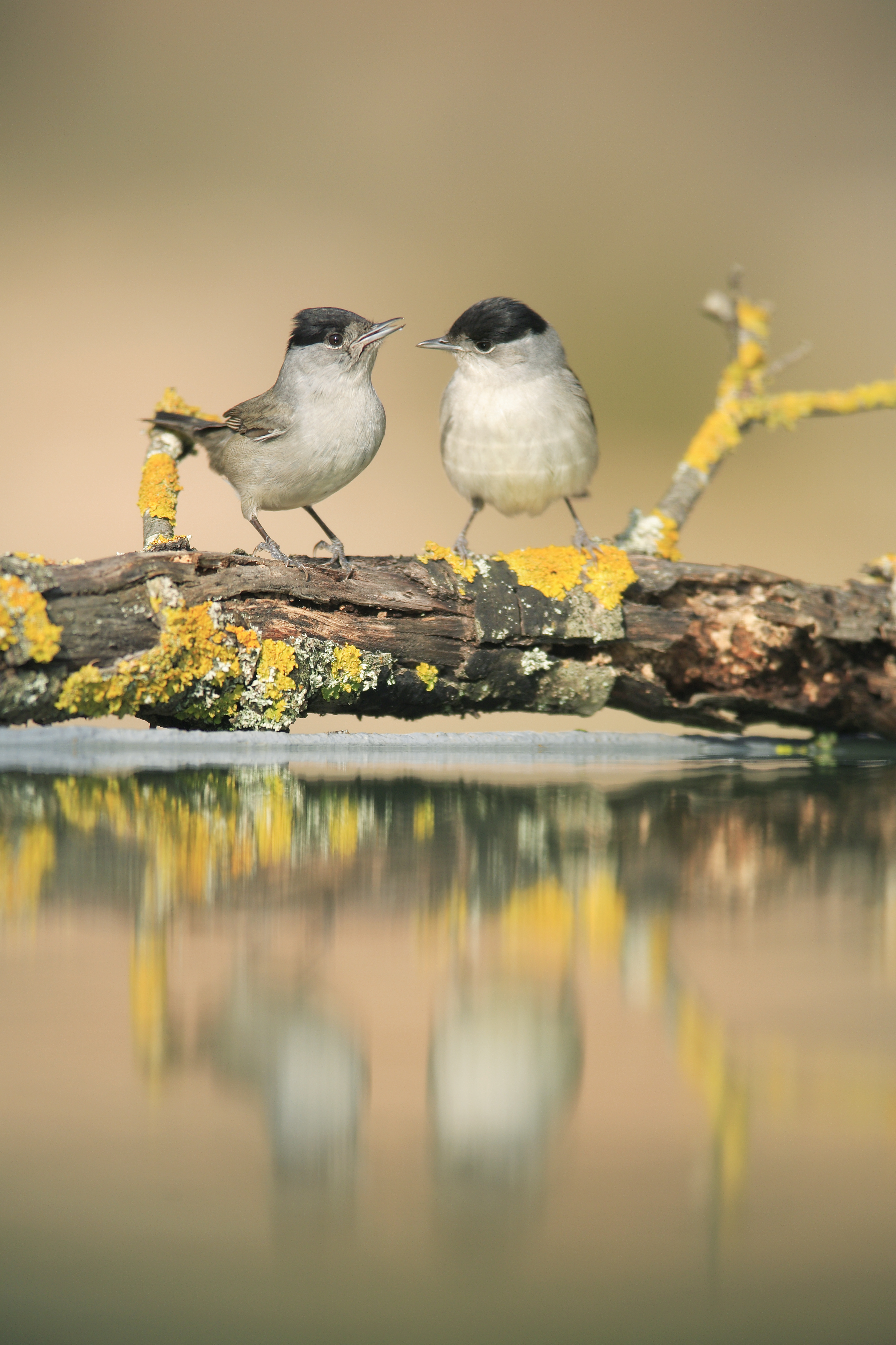
Blackcaps: The small garden birds with a big voice
Small, shy and chubby with a neat black cap, this effervescent bird sings its heart out in spring. Jack Watkins
-
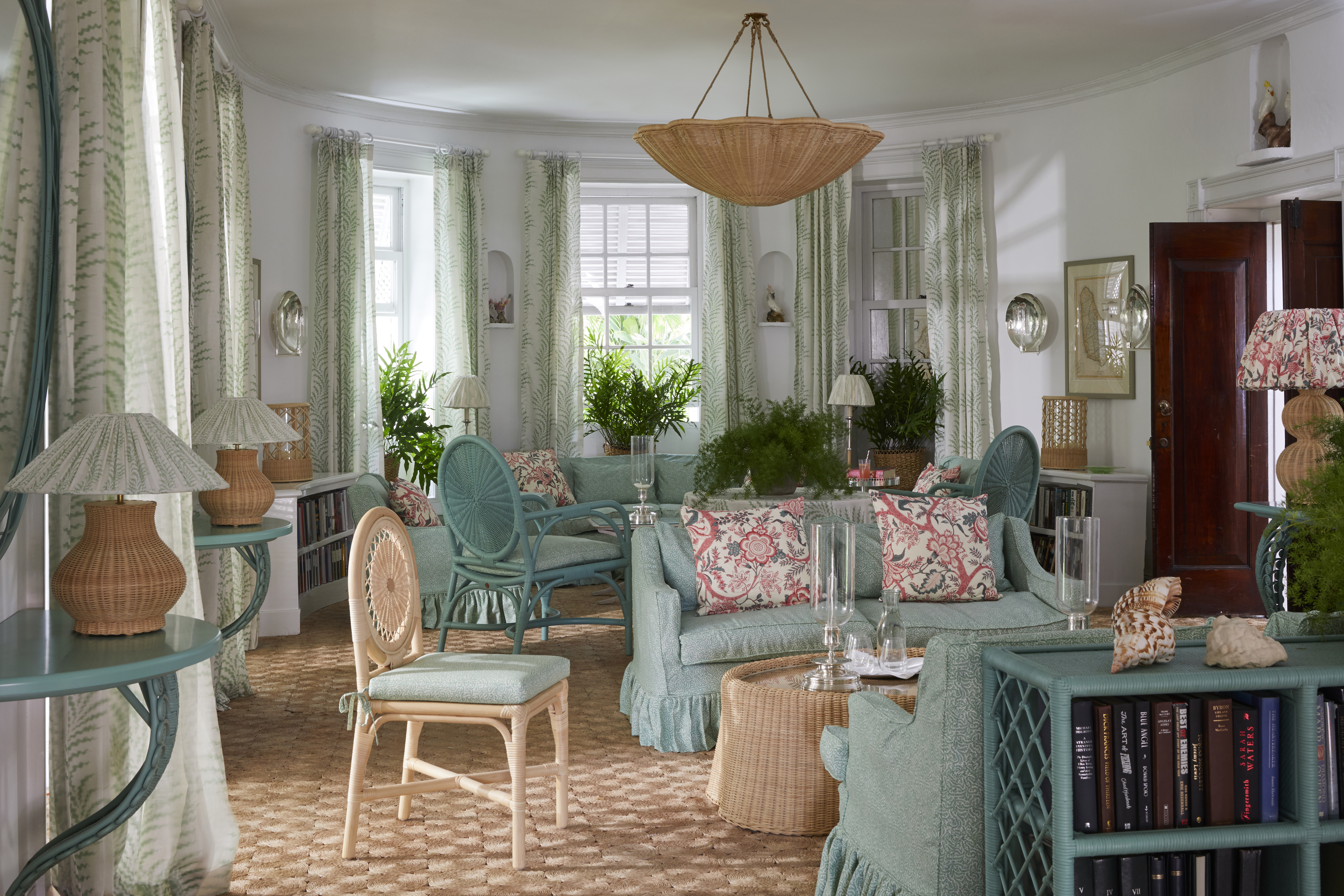 Why British designers dream up the most desirable hotels
Why British designers dream up the most desirable hotelsWhen it comes to hotel design, the Brits do it best, says Giles Kime.
By Giles Kime Published
-
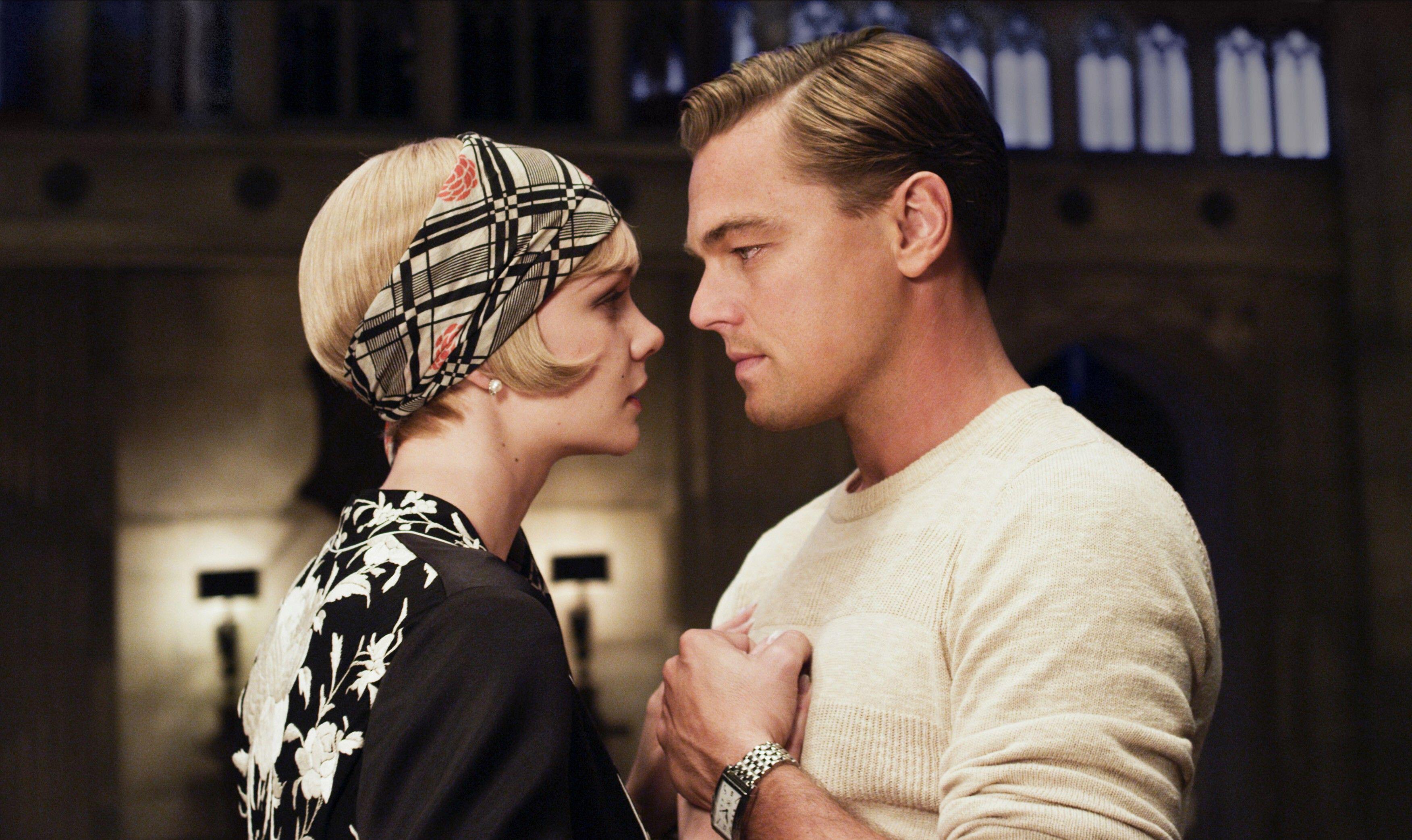 The five minute guide to 'The Great Gatsby', a century on from its publication
The five minute guide to 'The Great Gatsby', a century on from its publication'The Great Gatsby' sold poorly the year it was published, but, in the following century, it went on to become a cornerstone of world literature.
By Carla Passino Published
-
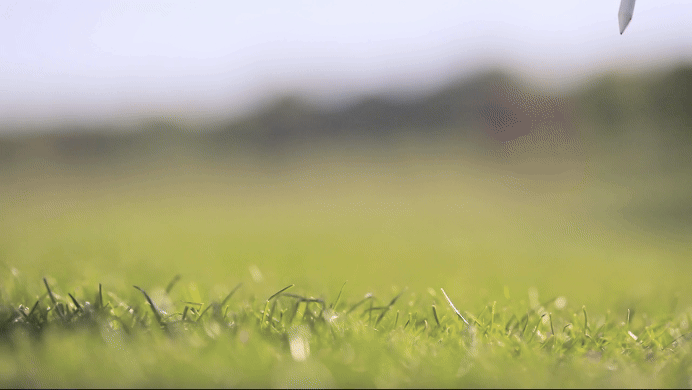 Curious Questions: Why do golf balls have dimples? And why are tennis balls furry?
Curious Questions: Why do golf balls have dimples? And why are tennis balls furry?As the weather picks up, millions of us start thinking about dusting off our golf clubs and tennis rackets. And as he did so, Martin Fone got thinking: why aren't the balls we use for tennis and golf perfectly smooth?
By Martin Fone Published
-
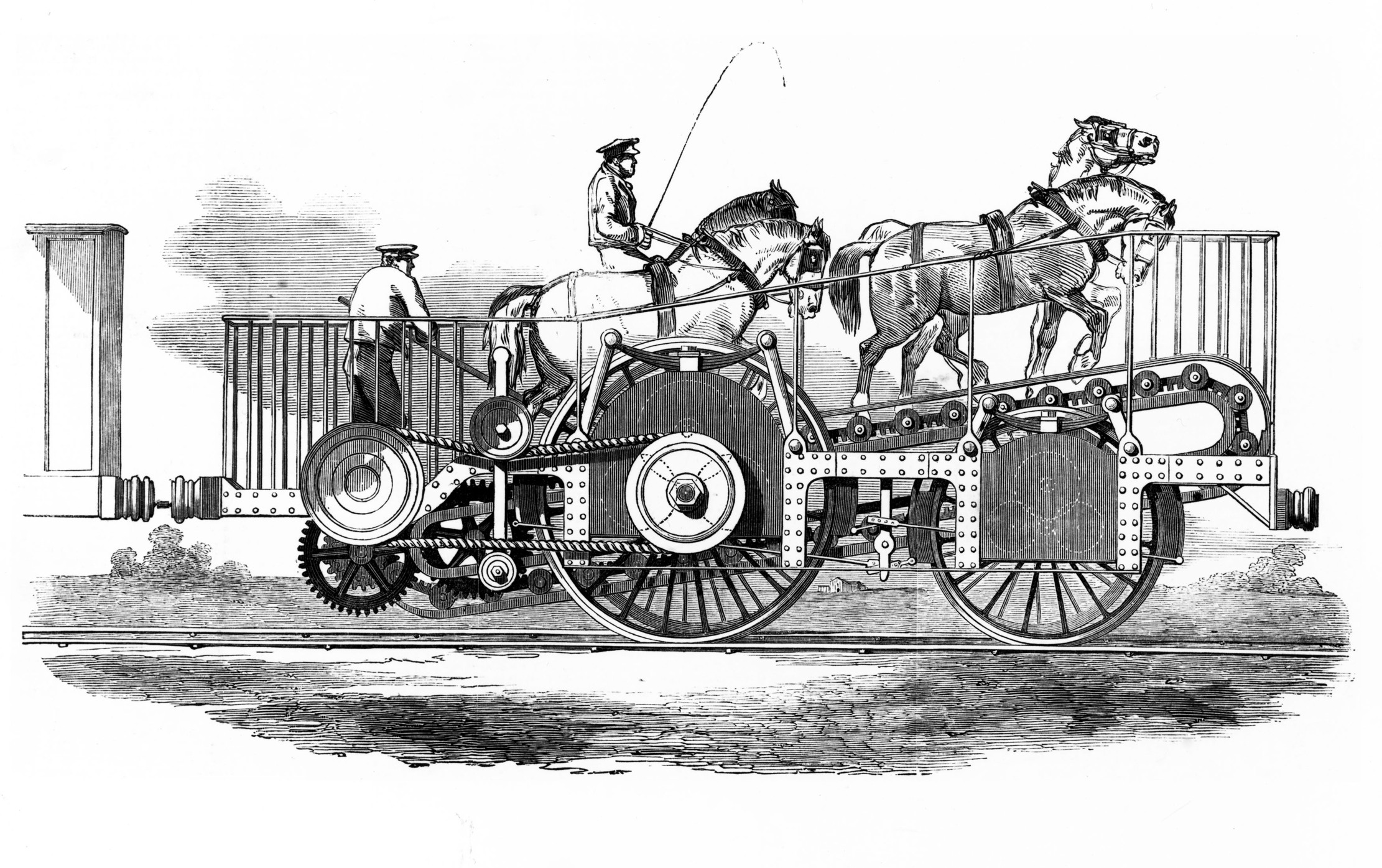 Curious questions: How a horse on a treadmill almost defeated a steam locomotive
Curious questions: How a horse on a treadmill almost defeated a steam locomotiveThe wonderful tale of Thomas Brandreth's Cycloped and the first steam-powered railway.
By Martin Fone Published
-
 You've got peemail: Why dogs sniff each other's urine
You've got peemail: Why dogs sniff each other's urineEver wondered why your dog is so fond of sniffing another’s pee? 'The urine is the carrier service, the equivalent of Outlook or Gmail,' explains Laura Parker.
By Laura Parker Published
-
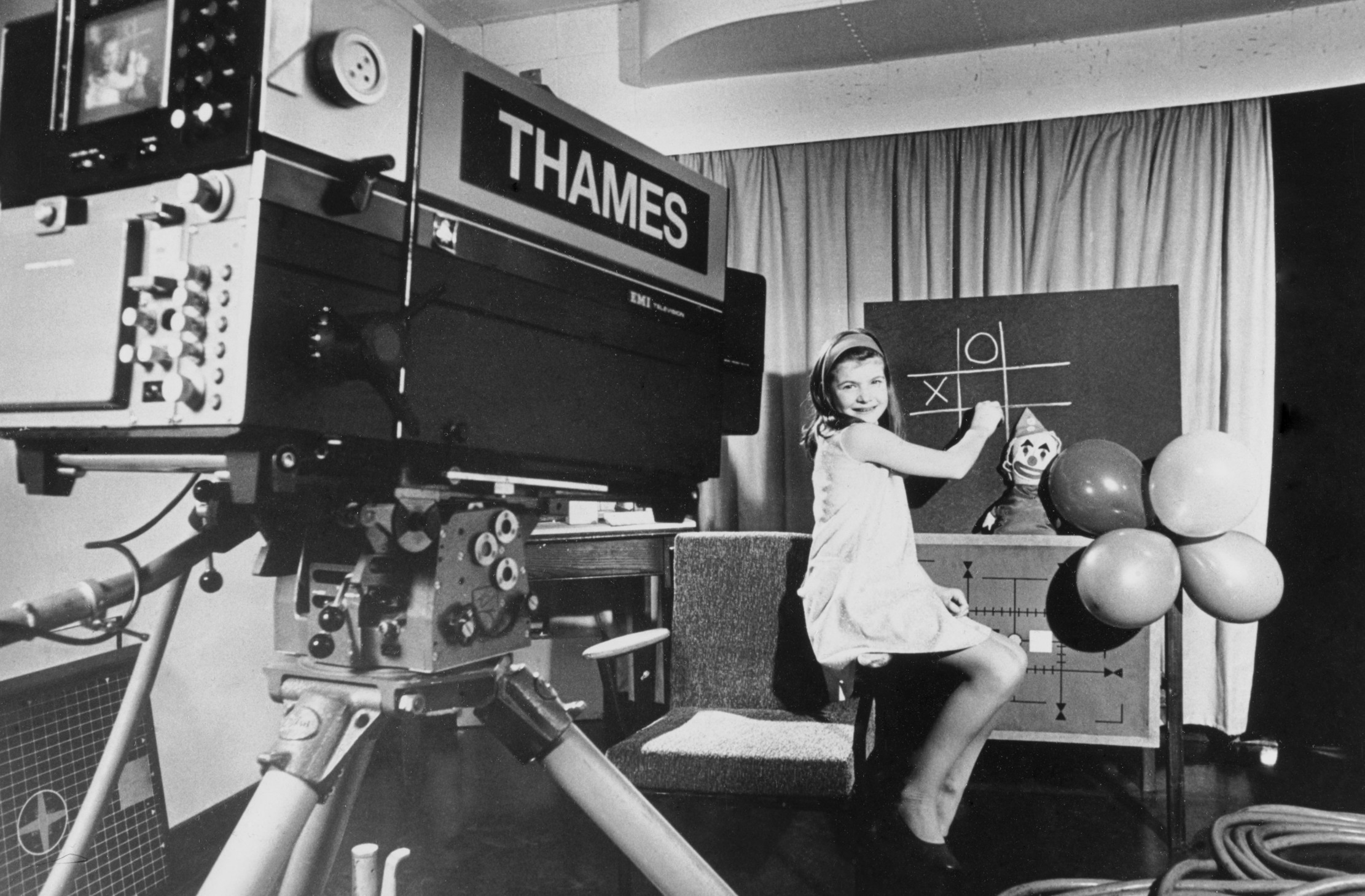 Curious Questions: Which person has spent the most time on TV?
Curious Questions: Which person has spent the most time on TV?Is it Elvis? Is it Queen Elizabeth II? Is it Gary Lineker? No, it's an eight-year-old girl called Carole and a terrifying clown. Here is the history of the BBC's Test Card F.
By Rob Crossan Published
-
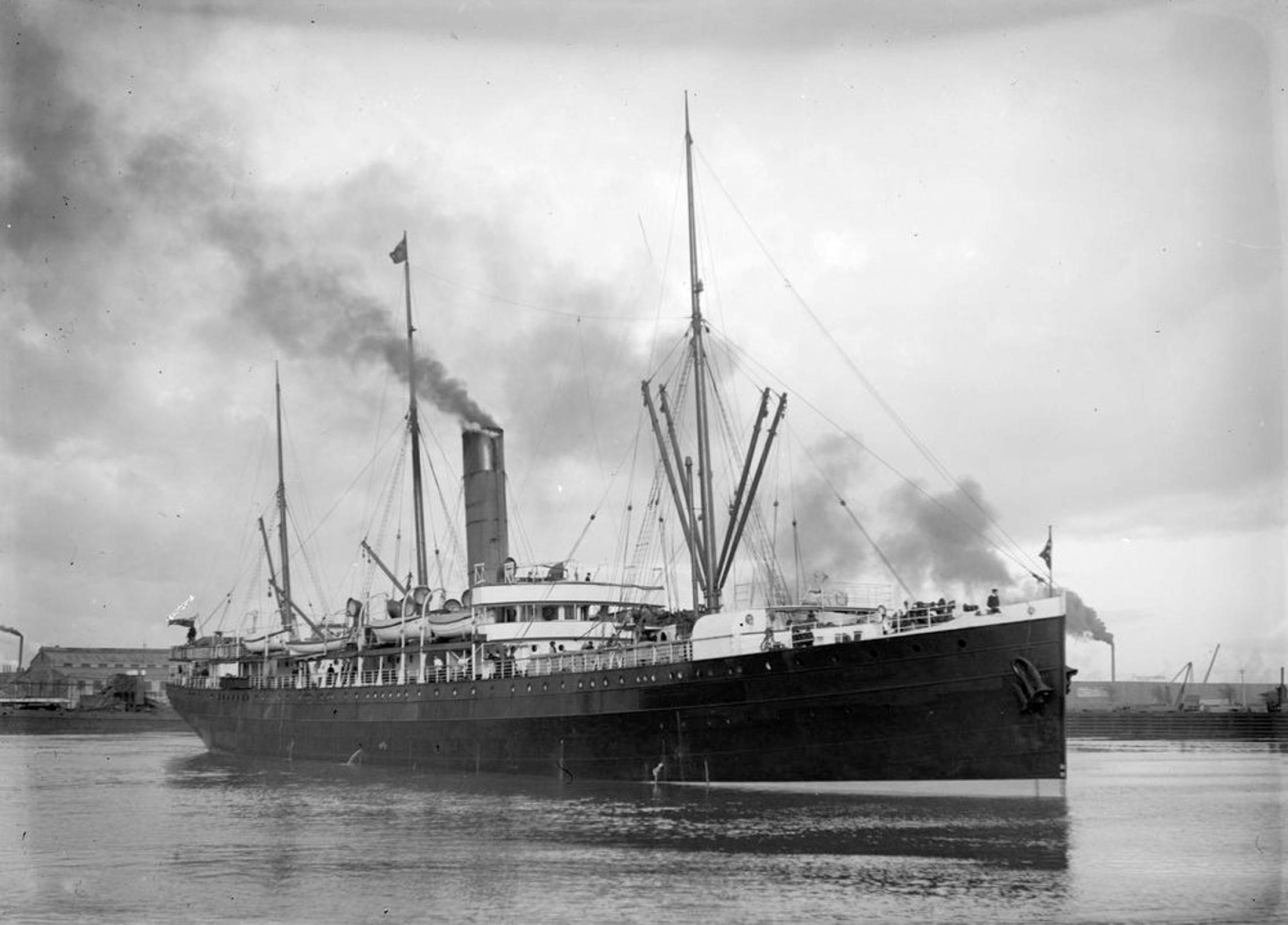 The ship that was in two different centuries, two different years, two different months, two different days and two different seasons, all at the same time
The ship that was in two different centuries, two different years, two different months, two different days and two different seasons, all at the same timeOn December 31, 1899, the SS Warrimoo may have travelled through time — but did it really happen?
By Martin Fone Published
-
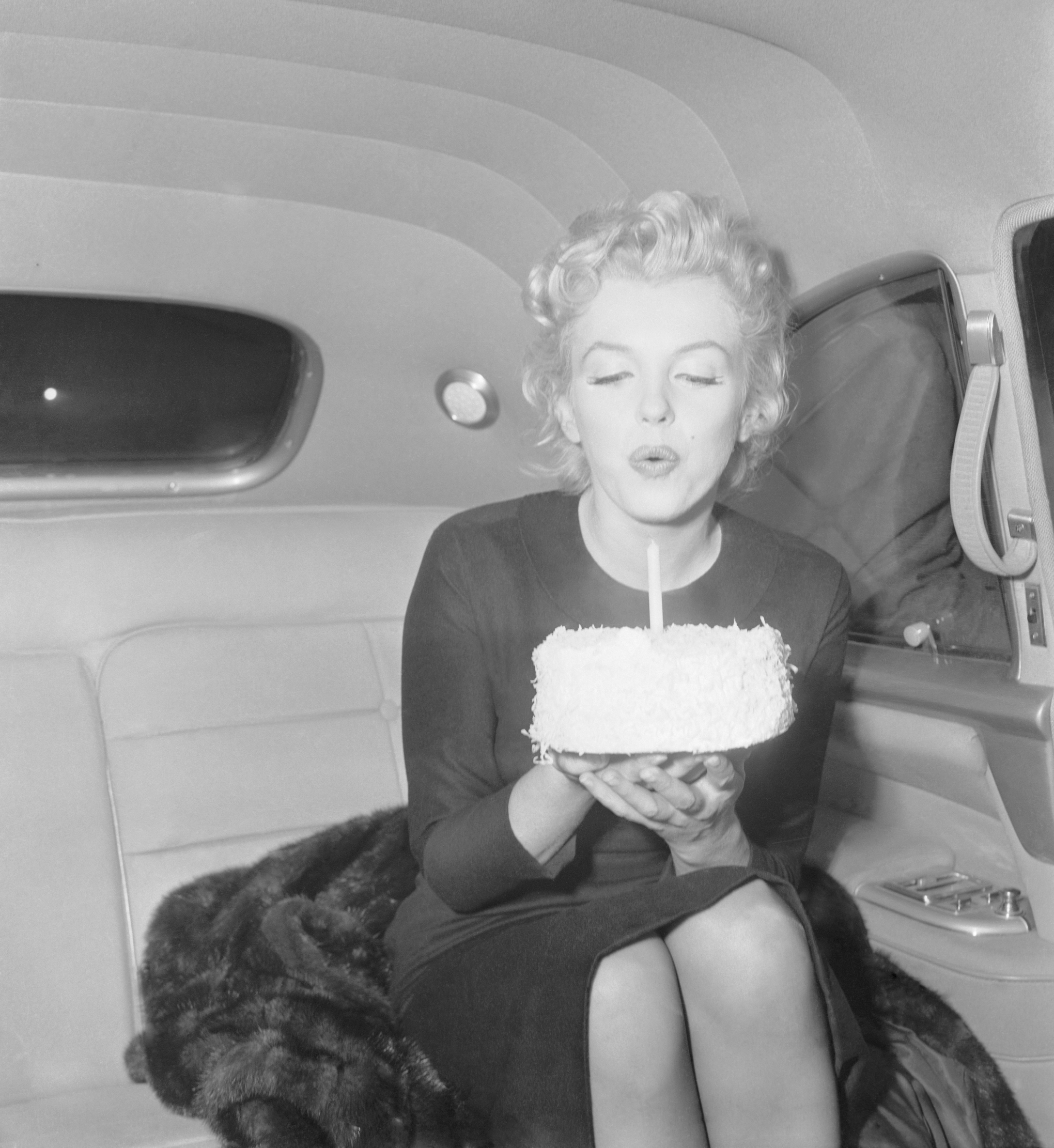 Curious Questions: Who wrote the Happy Birthday song?
Curious Questions: Who wrote the Happy Birthday song?There are few things less pleasurable than a tuneless public rendition of Happy Birthday To You, says Rob Crossan, a century after the little ditty came into being
By Rob Crossan Published
-
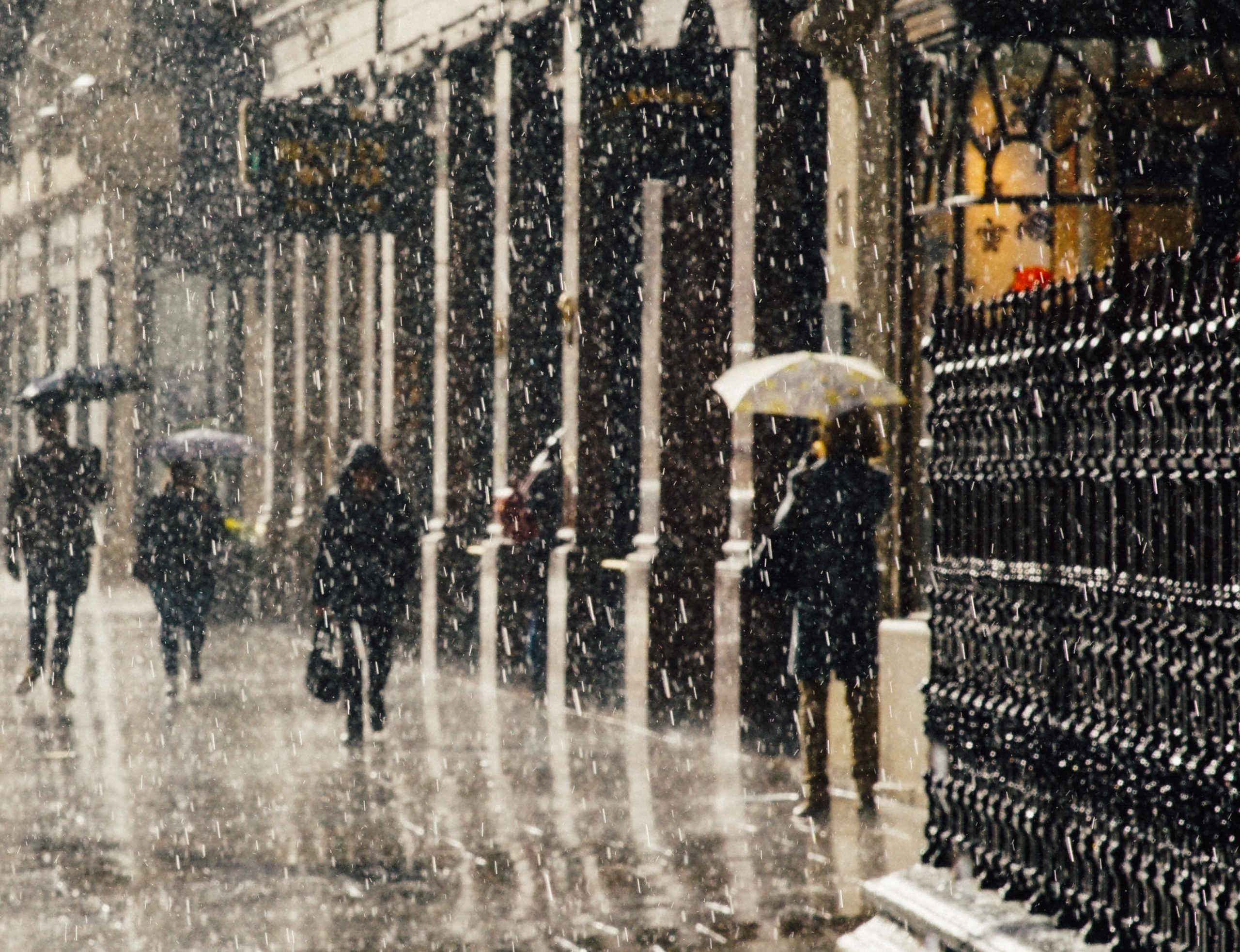 Why do we get so many April showers?
Why do we get so many April showers?It's the time of year when a torrential downpour can come and go in minutes — or drench one side of the street while leaving the other side dry. It's all to the good for growing, says Lia Leendertz as she takes a look at the weather of April.
By Lia Leendertz Published
-
 Who was the original Jack Russell who gave his name to one of Britain's favourite dog breeds?
Who was the original Jack Russell who gave his name to one of Britain's favourite dog breeds?Kate Green takes a look at the the legacy of Revd John Russell, the man who gave his name to the Jack Russell and Parson Russell terriers.
By Kate Green Published